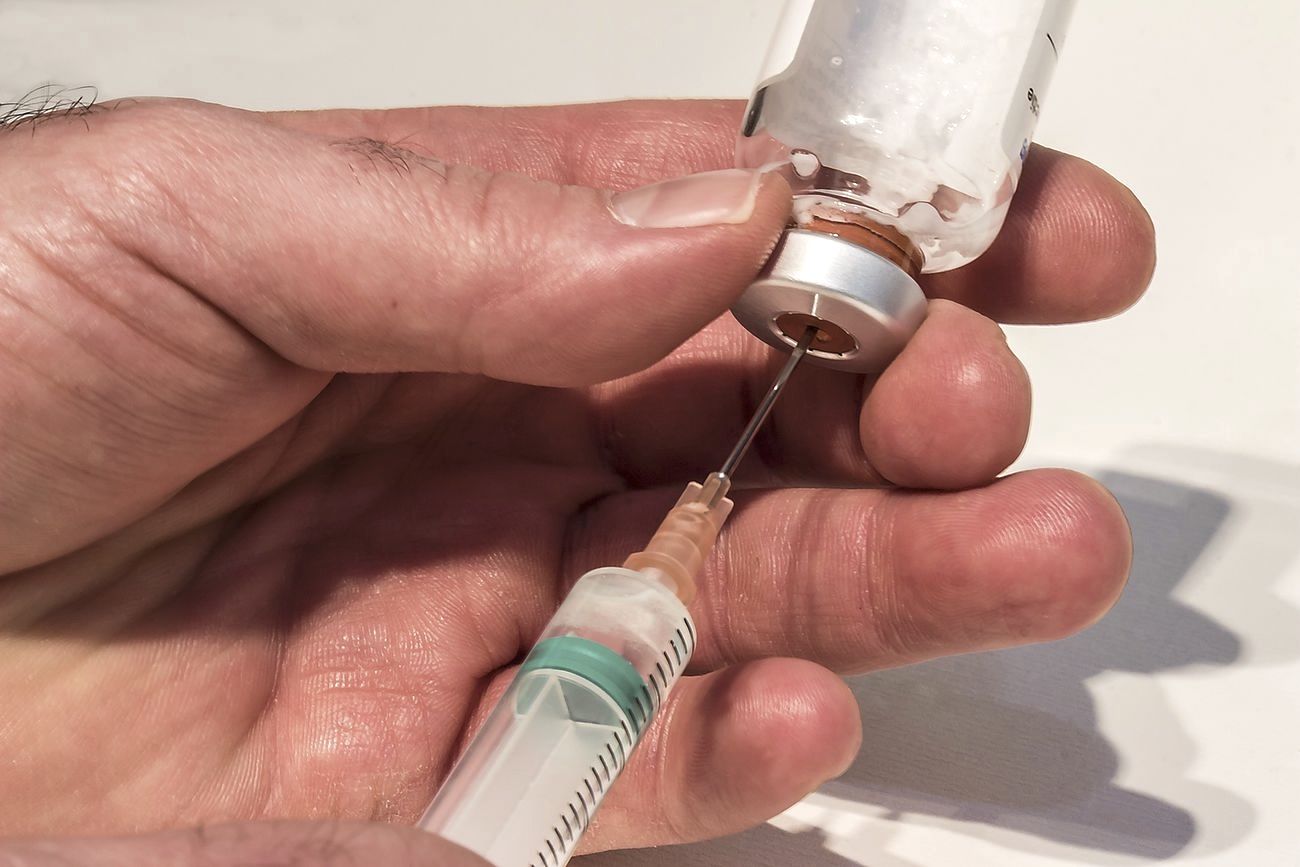Oxytocin Nasal Spray Exploring Its Uses and Benefits – In recent years, there has been growing interest in the potential benefits of oxytocin nasal spray. Oxytocin is a hormone produced naturally in the body and plays a crucial role in various social and emotional behaviors. With its nasal spray form gaining popularity, many people are curious about its uses and the effects it may have on well-being. In this article, we will delve into the world of oxytocin nasal spray and explore its potential benefits.
Oxytocin Nasal Spray: Exploring Its Uses and Benefits – Oxytocin Nasal Spray: Exploring Its Uses and Benefits
Understanding Oxytocin
Oxytocin is a hormone produced in the hypothalamus and released by the pituitary gland. It is often referred to as the “love hormone” due to its role in social bonding, trust, and emotional connection. Oxytocin is naturally released during childbirth, breastfeeding, and intimate moments, fostering strong emotional bonds between individuals.
The Science behind Oxytocin Nasal Spray
Oxytocin nasal spray delivers synthetic oxytocin directly to the nasal passages, allowing for quick absorption into the bloodstream. By bypassing the digestive system, the nasal spray ensures efficient delivery and enhances the hormone’s bioavailability.
Promoting Bonding and Social Connection
One of the primary uses of oxytocin nasal spray is to promote bonding and enhance social connections. Studies suggest that oxytocin may increase feelings of trust, empathy, and generosity, leading to improved interpersonal relationships.
Managing Stress and Anxiety
Oxytocin has been found to have stress-reducing effects on the body. By activating the brain’s reward and pleasure centers, it helps combat the effects of stress and anxiety. Oxytocin nasal spray may offer a natural approach to managing these conditions.
Enhancing Emotional Well-being
Oxytocin plays a vital role in regulating emotions. It has been associated with increased feelings of happiness, contentment, and overall well-being. Using oxytocin nasal spray may help individuals experience a more positive emotional state.
Supporting Romantic Relationships
Oxytocin is closely linked to romantic bonding. Research suggests that oxytocin nasal spray may enhance feelings of intimacy and attachment in romantic relationships. It may also improve communication and empathy between partners.
Boosting Parent-Child Bonding
Oxytocin plays a crucial role in maternal-infant bonding. Oxytocin nasal spray has shown promise in strengthening the bond between parents and their children. It may help promote nurturing behavior and improve parental responsiveness.
Oxytocin Nasal Spray and Autism Spectrum Disorders
Studies have explored the use of oxytocin nasal spray as a potential treatment for individuals with autism spectrum disorders (ASD). Oxytocin may help improve social cognition and reduce repetitive behaviors in individuals with ASD, although more research is needed.
Oxytocin as a Potential Treatment for Depression
Emerging research suggests that oxytocin may have antidepressant effects. Oxytocin nasal spray could potentially be used as an adjunct therapy for individuals with depression, offering a new approach to treatment.
The Safety and Side Effects of Oxytocin Nasal Spray
Oxytocin nasal spray is generally considered safe when used as directed. However, some individuals may experience mild side effects such as nasal irritation or congestion. It is essential to follow the recommended dosage and consult a healthcare professional if any concerns arise.
How to Use Oxytocin Nasal Spray
To use oxytocin nasal spray, follow the instructions provided with the product. Typically, it involves inserting the nozzle into one nostril, gently spraying the solution, and inhaling. It is advisable to read the instructions carefully and seek guidance from a healthcare professional if needed.
The Future of Oxytocin Research
Oxytocin continues to be a subject of extensive research. Scientists are investigating its potential applications in various fields, including mental health, relationship therapy, and neurodevelopmental disorders. Ongoing studies aim to unravel the full range of benefits and understand the long-term effects of oxytocin nasal spray.
Conclusion
Oxytocin nasal spray offers a potential avenue for enhancing social connections, managing stress, and improving emotional well-being. Its applications range from promoting bonding and supporting romantic relationships to exploring its potential therapeutic effects in conditions like autism spectrum disorders and depression. As research continues to uncover the intricacies of oxytocin, this nasal spray holds promise as a complementary approach to improving overall well-being and interpersonal relationships.
Frequently Asked Questions (FAQs)
Q1: Is oxytocin nasal spray available over the counter?
A1: Oxytocin nasal spray is currently available by prescription only. Consult a healthcare professional to determine if it is suitable for your needs.
Q2: Can oxytocin nasal spray be used by anyone?
A2: Oxytocin nasal spray should be used under the guidance of a healthcare professional. It is essential to discuss any medical conditions or medications you are taking before using oxytocin nasal spray.
Q3: Are there any age restrictions for using oxytocin nasal spray?
A3: The use of oxytocin nasal spray may vary based on age and specific medical conditions. It is crucial to consult a healthcare professional to determine its appropriateness for different age groups.
Q4: Can oxytocin nasal spray replace therapy or medication for mental health conditions?
A4: Oxytocin nasal spray is not intended to replace therapy or medication for mental health conditions. It may be used as an adjunct therapy under the supervision of a healthcare professional.
Q5: Are there any known drug interactions with oxytocin nasal spray?
A5: Some medications may interact with oxytocin nasal spray. It is vital to inform your healthcare professional about all medications you are currently taking to avoid potential interactions.




